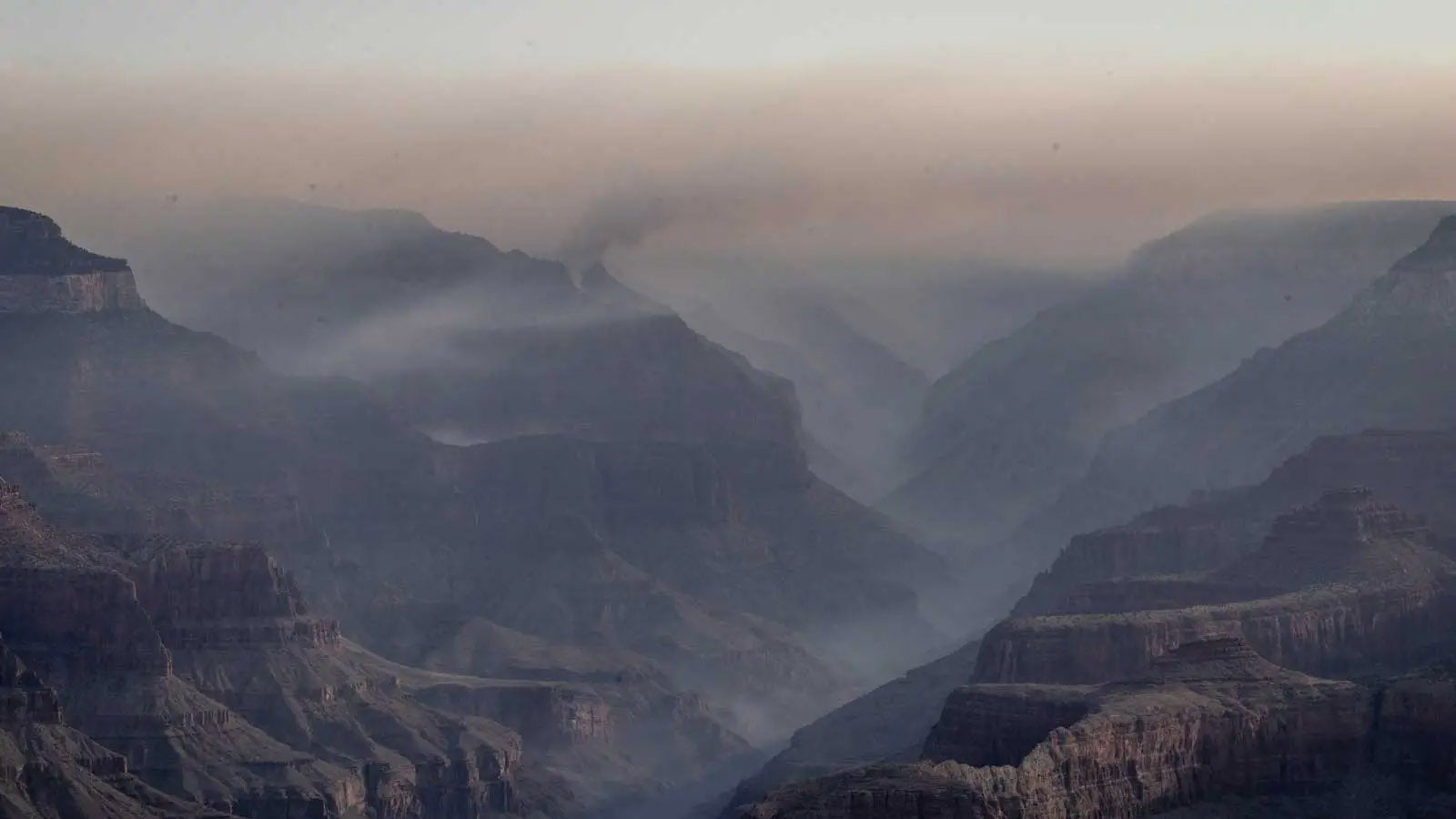| Above: Kelvin Droegemeier, former vice president for research at the University of Oklahoma, and now the new tenth director of the White House's Office of Science and Technology Policy. Image credit: University of Oklahoma. |
The first meteorologist to serve as a U.S. president's chief science adviser was confirmed by the U.S. Senate on January 3. Kelvin Droegemeier will serve as director of the White House Office of Science and Technology Policy (OSTP), a position that has traditionally included acting as the president's top adviser on a wide range of science-related matters.
Droegemeier will be OSTP's tenth director since the office was established in 1976. The job involves coordinating science and technology policy across agencies and assisting the Office of Management and Budget in reviewing U.S. support for scientific research and development.
A native of Kansas, Droegemeier earned his bachelor's degree in meteorology at the University of Oklahoma (OU), followed by masters and doctoral degrees in atmospheric science at the University of Illinois at Urbana-Champaign. Droegeiemer joined the OU meteorology faculty in 1985 and became the university's associate vice president for research in 2005 and vice president for research in 2009. He served for 12 years on the National Science Board, from 2004 to 2016, including two years as vice chairman.
Droegemeier has been one of the nation's leaders in fine-scale computer modeling of severe thunderstorms. He was a co-founder of the OU-based Center for Analysis and Prediction of Storms (CAPS), established by the National Science Foundation in 1989. CAPS pioneered the use of supercomputers to carry out storm-scale simulations in the 1990s just as the National Weather Service was deploying its NEXRAD Doppler radar network, which provided valuable ground truth. In 1995, a CAPS model became the first to successfully simulate individual thunderstorms six hours in advance.
Will Trump listen?
Droegemeier has one particularly challenging task ahead of him: providing scientific advice to a president (Donald Trump) who often seems to trust his own instincts more than he does input from experts. "No one should expect that he will be advising this president on any meaningful manner....This president does not appear to seek advice," political scientist Roger Pielke Jr. (University of Colorado Boulder) told CNN.
The Trump administration is now in the process of withdrawing the United States from the global Paris Agreement (although as it happens, no such move could become final under UN rules until November 4, 2020—one day after the U.S. presidential election). Trump himself famously referred in 2012 to climate change as a concept "created for and by the Chinese in order to make U.S. manufacturing non-competitive". In October 2018, Trump told CBS's Lesley Stahl: "Something’s changing and it’ll change back again. I don’t think it’s a hoax, I think there’s probably a difference. But I don’t know that it’s manmade."
Droegemeier opted not to address climate change in prepared remarks at his Senate confirmation hearing in August, though he did speak out firmly on keeping science free of political influence. When asked by Senator Tom Udall whether he would dedicate himself to addressing climate change impacts in America, Droegemeier said, "I absolutely believe we have to look at the future...I'm very excited to work on that." He addressed the need for resilient rebuilding after disasters and the potential value of blending knowledge from weather and climate models; "In climate modeling, going forward, we certainly need to reduce uncertainty...I think the weather modeling community can be very, very helpful there."



